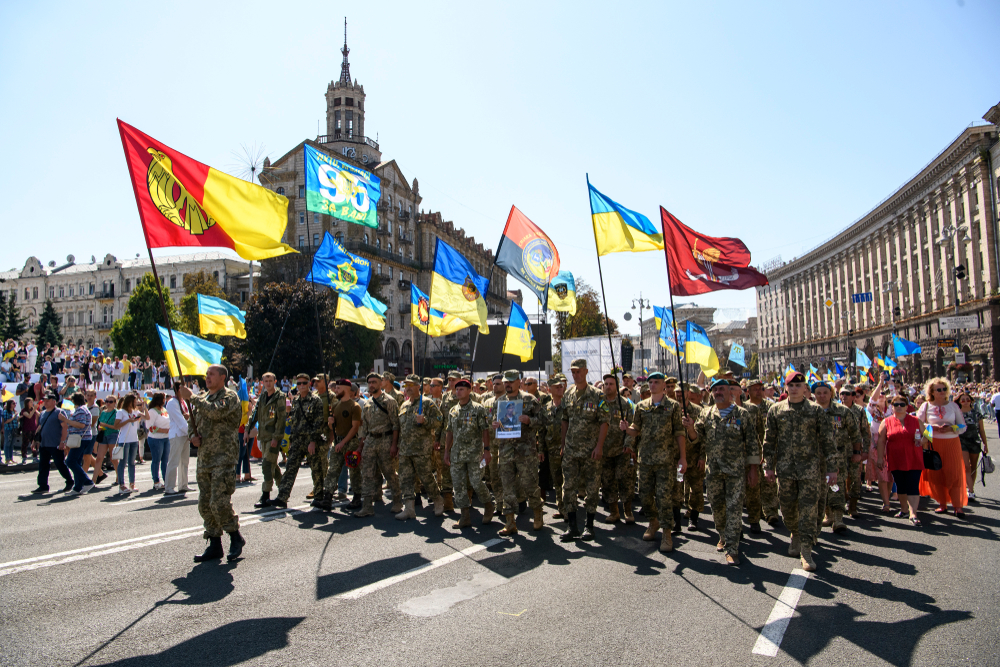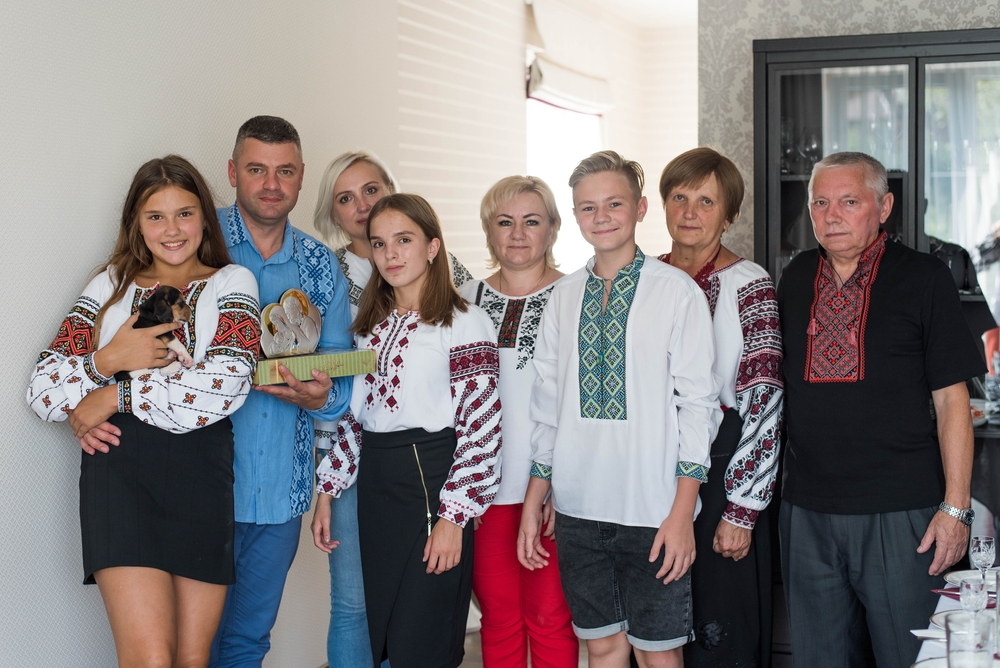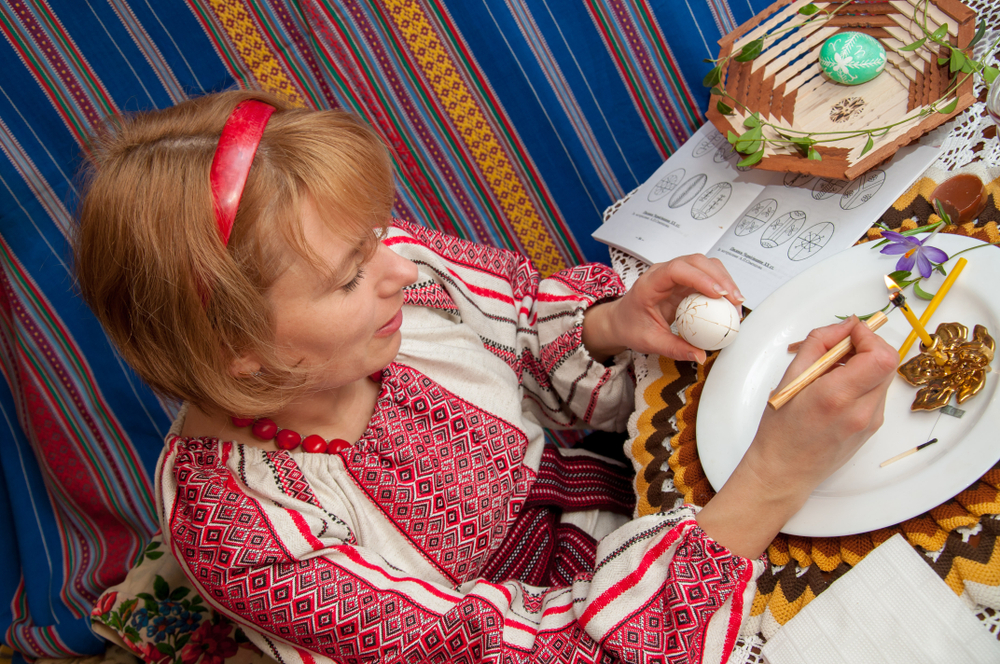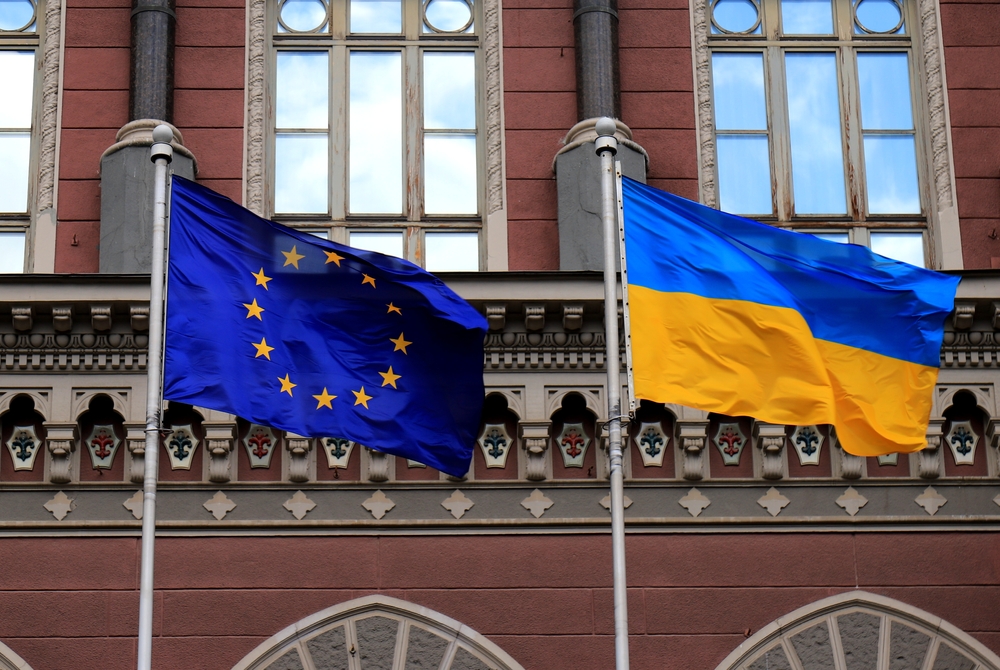Being both oversimplified and an opinion by definition, a stereotype about a group of people may have much or very little truth to it. While painting any group with a single brush can be risky, knowing that certain stereotypes exist can be an important step in understanding a culture. If you're a traveler, this knowledge can help you avoid offending the people of your host country.
The following stereotypes are presented in two sections: first, those often held by foreigners visiting this country; and second, those often held by the country's own inhabitants. The description below each entry attempts to explain why some people may believe the given stereotype.
Please note that these stereotypes do not necessarily represent the views of World Trade Press or its employees, but are presented here in an effort to make you a more informed researcher or traveler. Through your own experiences you may find some or all untrue, only partially true, unfair, or fairly accurate.
Stereotypes of Ukrainians as Accepted by Some Foreigners
Little Russia?
Ukraine is really just a microcosm of Russia, and there is no difference between the two cultures.
After years of being told that Ukraine was the "bread basket” of the Soviet empire, it is hard for some people to view it as an independent state and not to think of it as merely a Russian region. Ukrainian is a separate language (although it is similar to Russian), and the Ukrainian people are considered a separate ethnicity. In social terms, the Ukrainians are also thought to be friendlier and have a less volatile culture than the Russians.
Looking West
Ukrainians don’t want to have anything to do with their Soviet past or present-day Russia.
Ukrainians know that they will be linked to the Russian economy for a long time, but they do not want to be dominated by Moscow. Ukraine has thrown in with the West and is trying to join NATO and the European Union (EU) in order to hedge against future Russian attempts at political or economic conquest. Relations between Kyiv and Moscow may prove to be irreparably harmed due to Russia's unprovoked invasion of Ukraine in February 2022.
Very Friendly
Ukrainians are remarkably friendly people who go out of their way to show hospitality.
Visitors to Ukraine are immediately impressed by how friendly Ukrainians are to virtual strangers. Sometimes their friendliness can prove a bit overbearing, as they want to assist visitors in every aspect of their time in Ukraine. Visitors should note that Ukrainians take friendship very seriously and do not use the term “friend” when describing someone unless they have known them for years. Ukrainians will have many pleasant “acquaintances” and very few actual friends, but this does not make their hospitality any less genuine.
Superstition Tradition
Everybody in Ukraine has a piece of advice to give visitors, and it is usually based on some old wives' tale.
Ukraine is a pastoral culture that has only moved into the urban lifestyle since after World War II. There are many superstitious holdovers from the country life, and they manifest themselves in the hundreds of axioms that roll off the Ukrainian tongue every day. Ukrainians like to joke about these superstitions, but they still observe them. One of the more interesting is that Carpathian Ukrainians believe that only by decorating Easter eggs each year will the world continue to exist.
Criminal Intent
There is a big black-market and gray-market underground in Ukraine that everyone finds acceptable.
This form of commerce is a holdover from Soviet times and is hardly confined to Ukraine. The gray market can get things for people that regular sources often can’t, and at a very good price. The black market deals in much more serious procurement, including the very lucrative trade in moving people across national borders. Some of this qualifies as “human trafficking” for prostitution, but the majority of it is quite voluntary and supplies illegal labor for legitimate jobs in the EU.
Stereotypes of Ukrainians as Accepted by Some Ukrainians
Fear the Government
Ukrainians know that most people working for our government are crooked, so we avoid them wherever possible.
The Orange Revolution of 2004-05 was a Ukrainian revolt against government and its fraudulent behavior. Beyond the basic politics, Ukrainians still have a very low opinion of their government officials and that is why the average person can explain a lot of technically illegal behavior as morally legitimate. Getting paid “under the table” and avoiding taxes is a way to keep immoral politicians from getting their hands on others' hard-earned money.
Ukraine the Magnificent
Ukraine deserves a lot better treatment from visitors and the international community. We are Ukrainians!
Ukrainians are justifiably proud of their top education system, their scientific and agricultural heritage, and the enduring nature of their people. It sometimes seems to outsiders that Ukrainians “love to suffer” and that they sabotage their own success. Ukrainians would be the first to deprecate their behavior, but they also feel they have acquired a bad reputation mostly through unfair association with Russia. Visitors making light of run-down infrastructure, drab hotels, and low-rent styles should bear in mind the suffering that Ukrainians endured in both the 20th and 21st centuries.
Rich is Wrong
Anyone that is rich in Ukraine has only become so by cheating his fellow Ukrainians or bribing the government.
After many decades of supposed economic equality, Ukrainians have now seen the difference between the bottom and the top widen, and the middle drop out. People over 50 years old when the Soviet Union broke up are especially indignant over how their pensions are worth so little nowadays, while relatively young “oligarchs” drive around in security motorcades and have vacation homes all over Europe. Younger Ukrainians see the deck stacked against them and want to move abroad for better opportunities.
Our Problem
We used to be such an important part of the Soviet Union's economy, and now we are treated like beggars in the EU.
Ukraine became independent soon after the USSR toppled but was slow to adopt market economics, unlike the neighboring Baltic States. When the first and second wave of foreign investment occurred in the post-socialist economies, the Kyiv government was not ready. Consequently, Ukraine with its 44 million people has fallen far behind other emerging European economies. It will have to do a lot more than engender sympathy if it expects to qualify for EU membership.
The Good Old Days
Only a very few people want the old Soviet days back, but most of us would like to see a return of solidarity.
This is not just a yearning for the days when “everyone was poor,” but for what Ukrainians remember as a greater sense of social cohesion. Ukrainians remain very family-oriented, but the days of multigenerational households are fading fast as birth rates drop, and many see older Ukrainians as potential burdens and not as sources of wisdom.
Copyright © 1993-2024 World Trade Press. All rights reserved.






